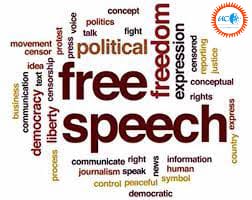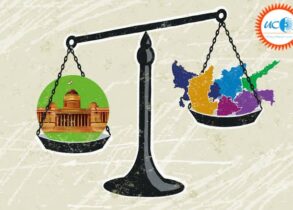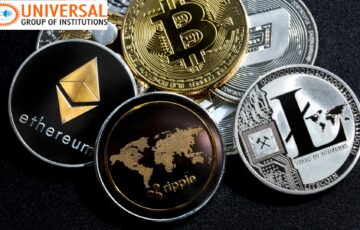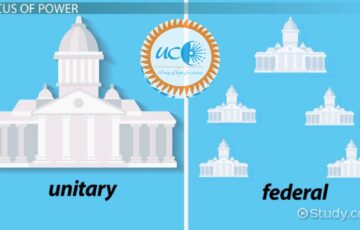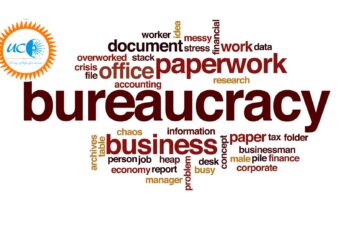Freedom of speech would mean very little if it were not able to respond to political, social and technological changes. Discuss.
Approach:
- Introduce what is meant by freedom of speech and Article 19 (1) that allows freedom to speech.
- Then, discuss importance of freedom of speech to respond to social changes in form of ensuring pluralism, social progress etc., to speak up against political changes like authoritarian tendencies, and policy debates etc., and manage technological changes like social media.
- Conclude with need of extra efforts and consciousness from states while imposing any restriction on freedom of speech.
Answer:
Every person has the natural right to freely express oneself through any media without outside interference, such as censorship, and without fear of retaliation, such as threats and persecution. Freedom of speech is a fundamental right. The right to freedom of speech and expression is guaranteed to all citizens of India by Article 19(1). Speech freedom is a crucial component of democracy.
However, if this freedom could not adapt to upcoming political, social, and technical changes as outlined below, it would be of very little use.
Social changes:
- Boycotting hatred and intolerance: It’s crucial to use freedom of speech to speak out against hatred and intolerance toward a certain community. Conflicts and stress in society result if it is not permitted. As an illustration, opposing hate speech while supporting free speech.
- Promoting pluralism: Freedom of speech promotes the self-esteem of people who live particular lifestyles while reflecting and reinforcing pluralism.
- Social progress: Everyone’s right to self-actualization and fulfilment includes the freedom of speech. Additionally, it must be used to spread awareness of social ills like caste prejudice and gender-based violence, among others.
Political changes:
- Authoritarian tendencies: With increasing authoritarian tendencies and majoritarian government, freedom of speech is very important. It allows people to raise their voices and prevent democracy turning into autocracy. For example: invocation of sedition act by government against journalists on raising issue of misgovernance.
- Protection of Minorities: A democracy is directed by the will of the majority. However, a
democracy also needs to ensure, through free speech that a democracy does not turn into a
‘tyranny of majority’ and prevent persecution of minorities.
- Policy debates: In a democracy, freedom of speech open channels of free discussion of issues. Freedom of speech plays a crucial role in the formation of public opinion on social, political, and economic matters and bring about change in the nation.
Technological changes:
- The emergence of social media has sparked a fresh discussion about the parameters of free expression and justifiable limitations. For instance, balancing the right to free speech on social media with section 66A of the IT Act, which makes it illegal to send insulting messages online or to indoctrinate children with fundamentalist ideas through social media.
- If people are unable to speak out against any technological use that has a harmful impact on people, free speech would be useless. For instance, privacy violations, internet access, etc.
- Protect the moral values of a society that technology may be threatening. Take child pornography as one example.
- Regulation of excessive online media and content that displays severe violence and lewdness in the spirit of artistic freedom
To balance people’s rights with law and order, the Constitution has acceptable constraints in place. To encourage and enable the free expression and interchange of ideas and information, the Constitution’s founders made the right to free speech and expression a basic right.
The right to free speech gives people the power to express their opinions, advocate for reforms, and warn others about potential dangers. While imposing any restrictions on free speech, states must make extra efforts and be mindful of how society, politics, and technology are changing.

